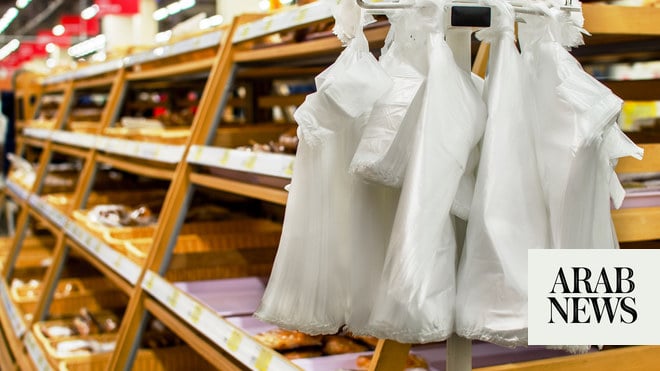
Having watched a woman and her baby die needlessly after being refused admission to a hospital over a lack of money, Liyatu Ayuba wanted to never let it happen again.
The 62-year-old is one of Nigeria’s nearly 3 million internally displaced people (IDPs) – driven out of their homes by the violence of the Boko Haram Islamist militants. Ayuba fled Gwoza in the north-eastern state of Borno in 2011 with her family. After her husband was killed by Boko Haram and her teenage son badly wounded, she went to the makeshift Durumi 1 IDP camp, in Nigeria’s capital, Abuja, where about 500 families live.
“Two days after arriving in the camp, a pregnant woman became ill. She was suffering from eclampsia,” says Ayuba. The woman had trekked for two weeks from Cameroon, her first stop of refuge from Boko Haram, before being brought to Durumi 1.
“We took her to a government-owned hospital, which asked us for 150,000 naira [£265]. Even when we told them that we were IDPs and had no such money, they insisted. The woman and the baby died,” says Ayuba.
Early in the conflict, the Nigerian government allowed the camp’s residents to access public hospitals. But with the nearest hospital almost 10 miles away, many of the impoverished residents could not afford to get there and, as camps grew more crowded, the government put pressure on IDPs to return home, by cutting off their access to public health services. Ayuba had spent years watching her grandmother deliver babies as their village’s traditional birth attendant and she took on the task of becoming the camp’s only midwife, though untrained medically.
Since then, Ayuba has helped deliver 118 babies, becoming known in the camp as the “woman leader” and, for the mothers she helped, a saviour.
“We do not have enough money to go to the hospital. Having the ‘woman leader’ means we can deliver our babies for free. Who else can we run to when we are in labour? But with her clinic so close to us, we can just walk down, have our babies and return home,” says Hafsat Ahmed, one of Ayuba’s patients.
Another, Deborah Daniel, says Ayuba came to her home to deliver her baby, now seven months old, because she could not get to the clinic.
According to 2019 World Health Organization figures, Nigeria accounts for about 20% of the world’s maternal deaths, with more than 600,000 recorded between 2005 and 2015, and 900,000 maternity near-miss cases. A 2020 study attributed the exceptionally high maternal and neonatal mortality rate to delays in finding healthcare.
For roughly 1.17 million IDP women, of whom 510,555 were adolescent girls of reproductive age in 2016, these delays are multiplied. A 2020 report by the Center for Reproductive Rights, a global legal advocacy group, said most women in Durumi camp gave birth in their tents and that often those who sought care at a health clinic in the city were detained there for not paying fees. In one incident, the report said, the body of a woman who died in the clinic was not released until fellow IDPs raised the money to pay the bill.
Thus Ayuba’s services are priceless. But their complete dependency on donations, including the 12-metre (40ft) shipping container given by an aid organisation to serve as the camp’s clinic, means her work is not sustainable.
Covid has drastically cut visits by humanitarian organisations so supplies given to Ayuba to help her maintain services have dried up.
“I once had to use polythene bags to cover my hands because there were no gloves,” says Ayuba.
Umar Gola, whom the camp residents elected as their public relations officer, confirmed Covid’s impact.
“At one point, we wondered if we were the ones who brought the sickness to Earth because people stayed away from us. Donations that once covered 100% of our needs dropped to 20% or 15%,” he says.
Adequate staffing is another major challenge facing Ayuba, as she struggles to recruit assistants.
“It is important to train others in case I am not around to help,” she says, adding, however, that not everyone is up to the task. “There is blood, seeing one in pain and so many other things involved. You can’t force people in such matters.”
At the moment, Ayuba has one assistant, 41-year-old Hadiza Ali. “I am happy doing what I am doing, even though it comes with many challenges. Sometimes the labour comes at midnight,” says Ali. “But I have this passion for it. I work well with woman leader, bringing joy to many.”
In 2016, Ayuba’s work won wider recognition when she was offered four months training by a private hospital in Abuja to enhance her skills in obstetrics.
“Ayuba’s work is commendable but what pregnant women need is access to health facilities,” says Ummi Bukar, programme director at Participatory Communication for Gender Development (Paged) Initiative, an NGO.
“These IDPs need to be recognised by the authorities. This will enable them to have access to all basic services.”
Bukar, whose organisation uses media to advocate for the needs of IDPs in Abuja, says they are pushing government agencies to recognise IDPs’ needs, “Right now, they are just left to fend for themselves, with nobody responsible for them.”












